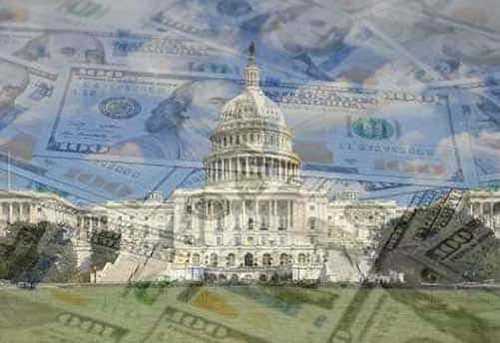BRUSSELS-In Brussels, in an attempt to rescue the Euro, 23 of 27 national leaders from that continent agreed on a pact to bind their nations together under one fiscal policy. The pact would harmonize fiscal policies and cap government debt and deficits and allow the union to place sanctions on nations that do not adhere to the rules.
Saying that the treaty runs counter to Britain’s interests, British Prime Minister David Cameron, insisted that his country’s financial services industry be given special exemptions in the new regulations. Led by Germany and France, the other countries declined granting that concession. As a result, Britain did not join the treaty. Three other countries also refused to join in the pact. Like Britain, Hungary, Sweden and the Czech Republic use their own national currency and do not utilize the Euro. Although those countries, minus Britain, said that after more national deliberation, they would consider the treaty again.
Germany and France insisted that in order to avoid future debt crisis, it is necessary to exercise fiscal discipline. They say that the new treaty will do just that as well as free up the Central Bank to be more aggressive in propping up strapped countries like Spain and Italy.
Today, the 23 nations that signed the pact will work out the details as to how the new pact will be enforced.
The summit leaders also agreed to speed up the creation of the $665 billion bail-out fund. Originally, the fund was to be established in 2013, but in a new agreement, the fund will be put in place by next year. This new fund will work next to the fund already built that contains $585 billion.
The failure of Britain to sign on to the new treaty will likely increase the division and tension alreay present between that country and the union.







